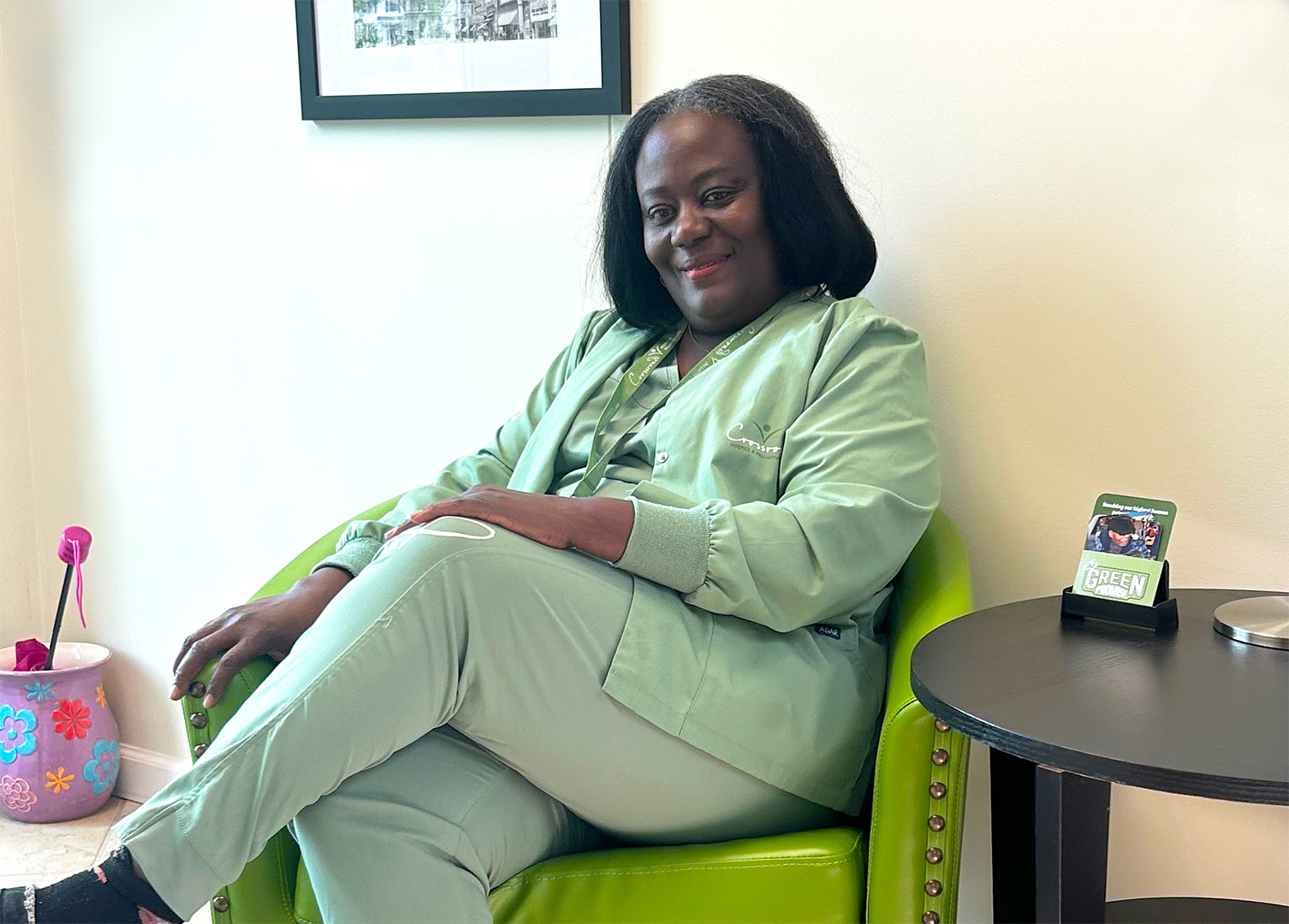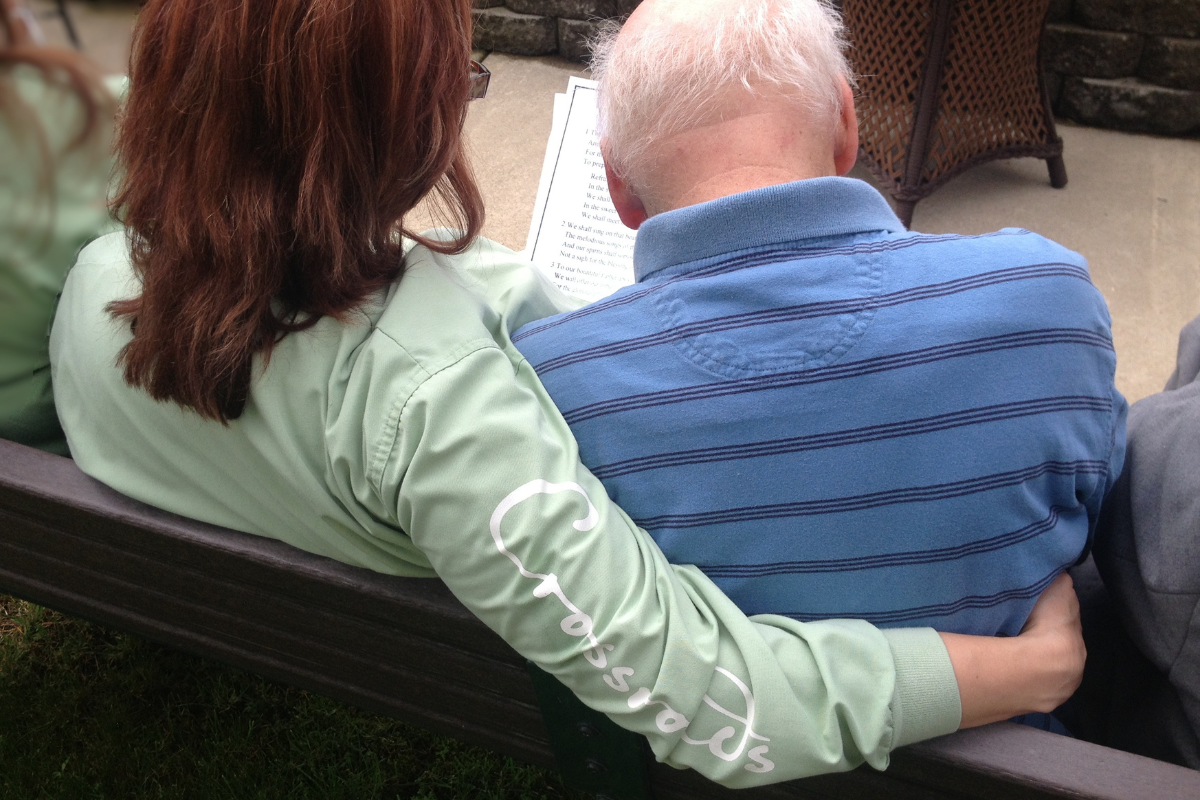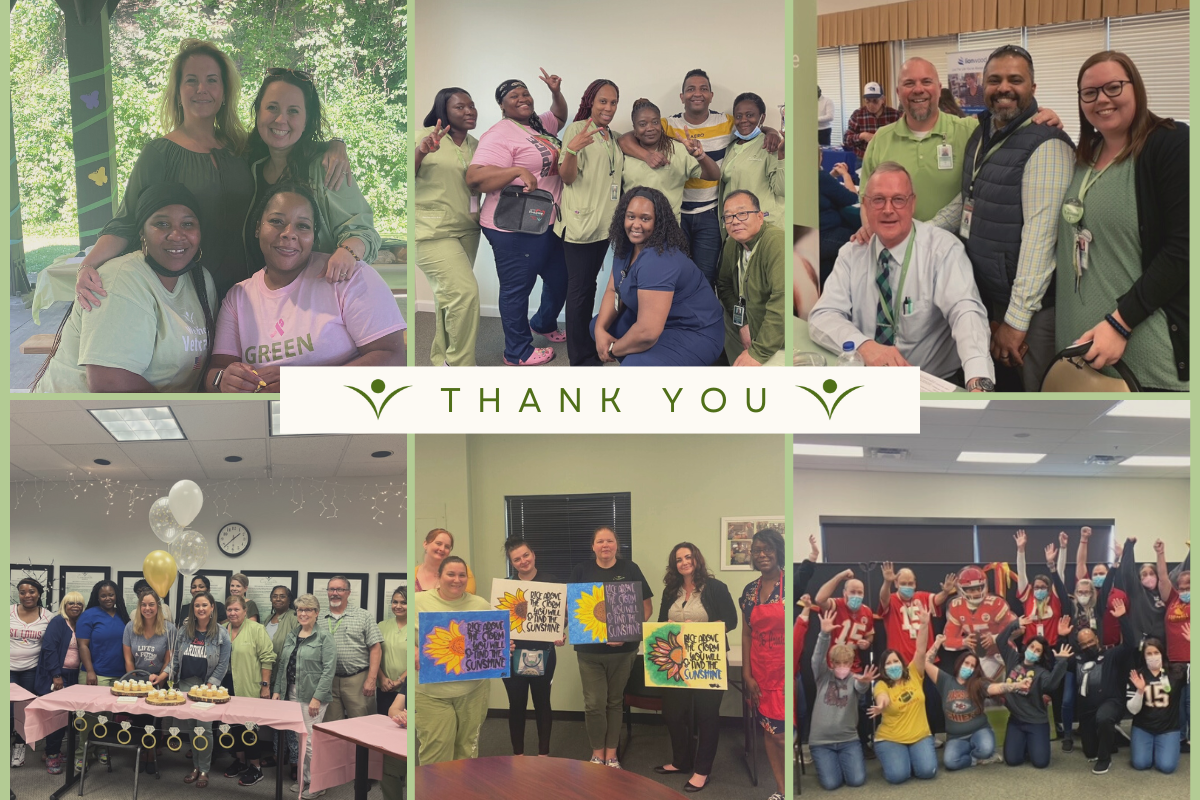Pediatric End-of-Life Care – Compassion and Caring
 Hospice and pediatrics? Really? Initially, I thought this was an oxymoron. Children are sweet and innocent, and should lead happy, carefree lives into adulthood. Unfortunately, we all know that this isn’t always the case. Some children get sick; some children are bornunhealthy; some are victims of accidents.
Hospice and pediatrics? Really? Initially, I thought this was an oxymoron. Children are sweet and innocent, and should lead happy, carefree lives into adulthood. Unfortunately, we all know that this isn’t always the case. Some children get sick; some children are bornunhealthy; some are victims of accidents.
But, these children need to be cared for and embraced, just like every child. As heart-wrenching as caring for a terminally ill child can be, the benefits are tremendous. Not just for the child and the parents, but for the healthcare professional.
In an effort to prepare for the challenges that come with working in pediatric end-of-life care,Crossroads Hospice has developed a continuing education program through Crossroads University. The program is available from July 2013 through July 2015, and it reviews the epidemiology of pediatric end-of-life care, pain and symptom management, working with the parents of dying children and working with children. It also address spiritual care of the dying child, ethical and legal considerations and the future direction in pediatric end-of-life care.
Whether you’re a registered nurse like me, a social worker, physician or volunteer, this one-hourcourse may be valuable in your career in the healthcare field. Although childhood death is at 2.2 percent — much lower than the 30 percent rate the US saw in 1900 — it’s still a stark reality for many children and families across the county.
By having the skills and knowledge to work in pediatric end-of-life care, you could make anenormous difference in a family’s life, when they need it the most. Most terminally ill children die in hospitals, but studies have shown that 70 percent of families would choose for their child to die at home if they had adequate support. That’s where the dedicated people who work in hospice come in.
As a healthcare professional we all know how difficult it can be to keep abreast of changes in our own specialty, let alone any other specialties. But, I find it challenging, and rewarding, to continue education in a field I’m not working in, as a means to grow professionally and personally. Whether a pediatric healthcare professional, an end-of-life specialist or in another field all together, you can benefit from the program. Take an hour and learn how you can help children in need of end-of-life care.
 DeAnna L. Looper RN, CHPN, CHPCA
DeAnna L. Looper RN, CHPN, CHPCA
Chief Corporate Clinical Consultant / Legal Nurse Consultant / HPNA Approved Educator/Certified ELNEC Trainer/ Certified Grief Recovery Specialist




